The Supreme Court on Friday will hear oral arguments about a U.S. law requiring TikTok to either divest from its Chinese parent company, ByteDance, or be banned from operating in the U.S. It’s a heavily followed case that pits national security concerns against free speech protections for millions of Americans.
The court agreed in December to hold an expedited hearing on the case, giving it just nine days to decide whether to uphold TikTok’s request to halt or delay the ban passed by Congress before it takes effect Jan. 19.
It is unlikely the court will take that long, however, and justices are expected to issue a ruling or order in a matter of days.
The case comes as TikTok continues to be one of the most popular social media apps in the U.S. with an estimated 170 million users nationwide.
‘HIGHLY QUALIFIED’: FORMER STATE AGS URGE SENATE TO CONFIRM BONDI TO LEAD JUSTICE DEPARTMENT
President-elect Trump has also signaled support for the app, putting the case further into the national spotlight in the final weeks before his inauguration.
Ahead of Friday’s oral arguments, here’s what to know about the arguments and how the Supreme Court might act.
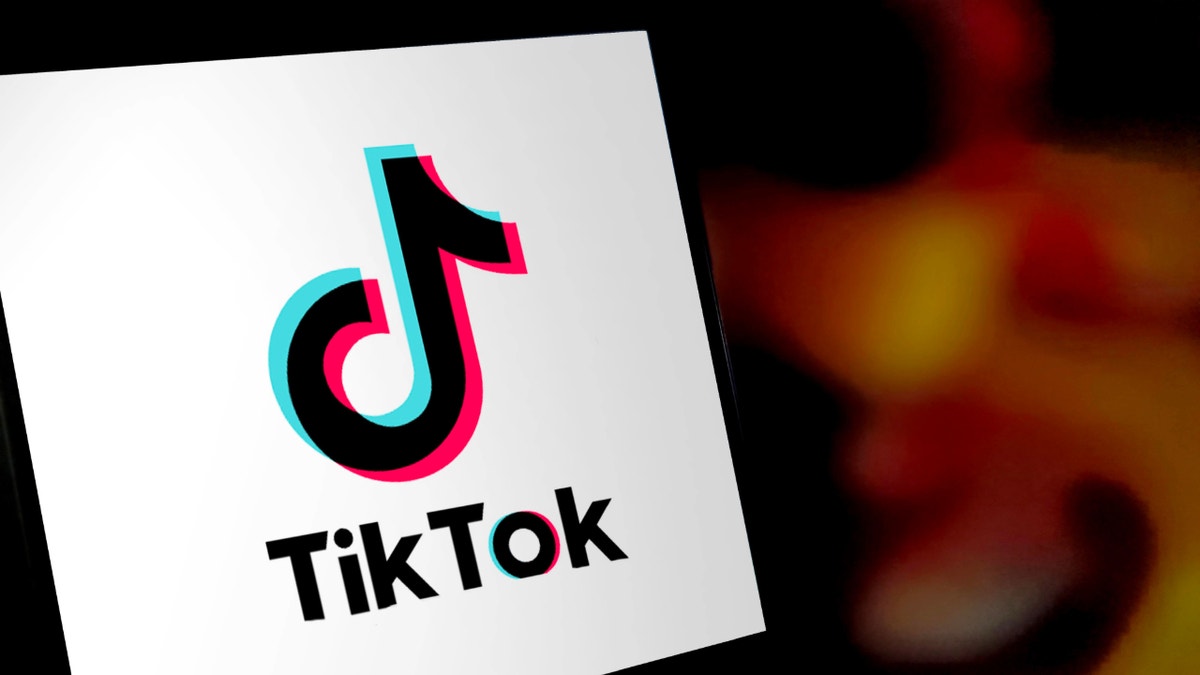
A TikTok logo is displayed on a smartphone in Suqian, Jiangsu province, China. (CFOTO/Sipa USA)
TikTok arguments, alleged free speech violations
TikTok and its parent company, ByteDance, are urging the court to either block or delay the enforcement of a law Congress passed with bipartisan backing in April.
The Protecting Americans from Foreign Adversary Controlled Applications Act gave TikTok nine months to either divest from its Chinese parent company or be removed from U.S. app stores and hosting services. Its owners have said repeatedly they will not do so. It also grants the president a 90-day window to delay the ban if TikTok says a divestiture is in progress.
TikTok, ByteDance and several users of the app swiftly sued to block the ban in May, arguing the legislation would suppress free speech for the millions of Americans who use the platform.
Lawyers for TikTok argued that the law violates First Amendment protections, describing it as an “unprecedented attempt to single out applicants and bar them from operating one of the most significant speech platforms in this nation” and noting that lawmakers failed to consider less restrictive alternatives compared to an outright ban.
“History and precedent teach that, even when national security is at stake, speech bans must be Congress’s last resort,” attorneys said in a reply brief filed last month to the high court.
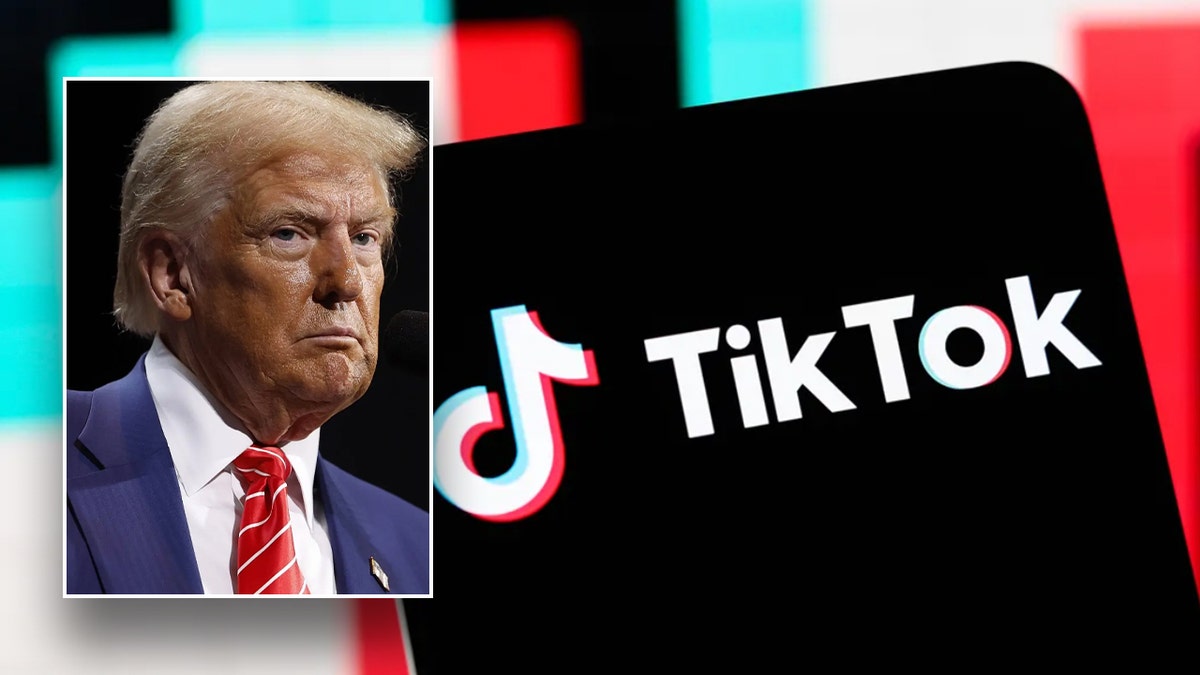
President-elect Trump is pictured in front of the TikTok logo. (Getty Images)
National security concerns
Congress has cited concerns that China, a country it considers a foreign adversary of the U.S., could use TikTok to download vast troves of user data and push certain Chinese government-backed content onto users, prompting it to order the divestiture last spring.
The Biden administration also echoed these concerns. In a Supreme Court brief, U.S. Solicitor General Elizabeth Prelogar noted the law focuses solely on China’s control of the app, which the Biden administration argued could pose “grave national security threats” to Americans, rather than its content.
Beijing could “covertly manipulate the platform” to advance geopolitical interests in the U.S., Prelogar noted, or use the vast amount of user data it has amassed for either espionage or blackmail.
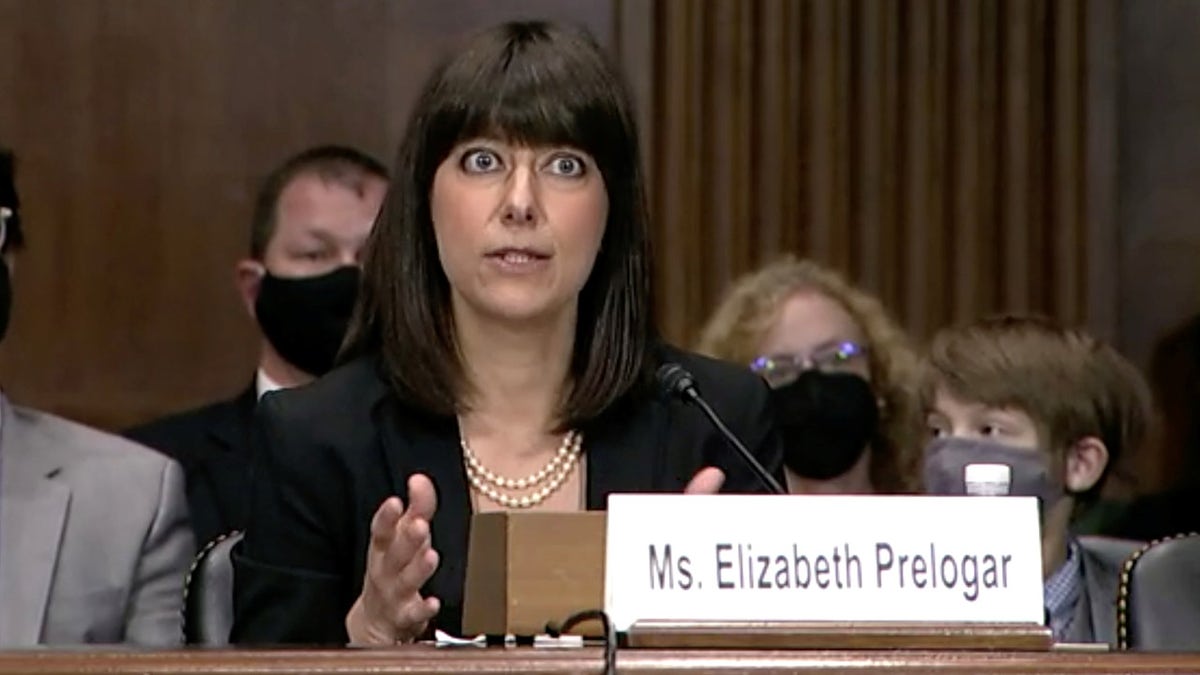
Elizabeth Prelogar, the U.S. solicitor general, testifies ahead of her U.S. Senate Judiciary Committee confirmation hearing. (Senate/Handout via Reuters)
Lawyers for the administration will argue Friday that Congress did not impose any restrictions on speech— much less any restrictions based on viewpoint or on content — and failed to satisfy the test of free speech violations under the First Amendment.
The Biden administration also filed under seal classified evidence to the court that it argued “lends further support” to its conclusion that TikTok under ByteDance ownership should be banned.
That evidence has not been released to the public.
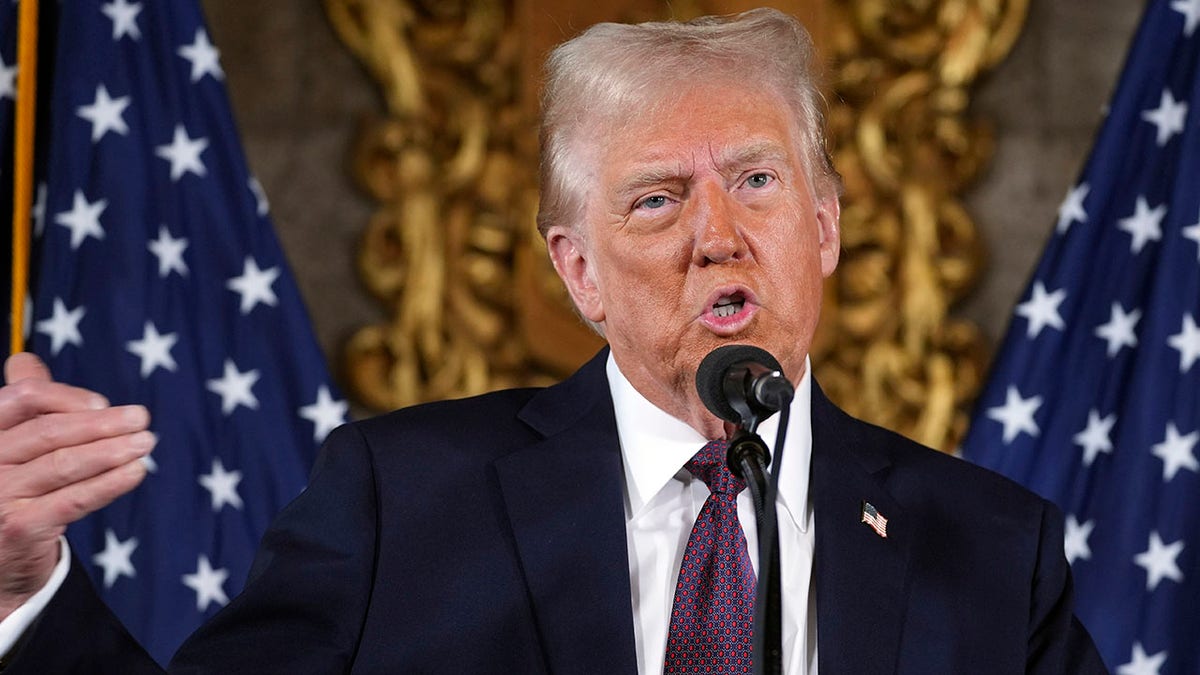
President-elect Trump speaks during a news conference at Mar-a-Lago Tuesday, Jan. 7, 2025, in Palm Beach, Fla. (AP Photo/Evan Vucci)
Political pressures
The Supreme Court’s decision to fast-track the case comes as President-elect Trump has signaled apparent support for the app in recent months.
In December, Trump hosted TikTok CEO Shou Zi Chew at his Mar-a-Lago resort, telling reporters during a press conference his incoming administration will “take a look at TikTok” and the divestiture case.
“I have a warm spot in my heart for TikTok,” Trump told reporters.
Attorneys for the president-elect also filed a brief with the Supreme Court last month, asking justices to delay any decision in the case until after Trump’s inauguration Jan. 20.
The brief did not signal how Trump might act.
Still, attorneys for TikTok have cited that relationship directly in their Supreme Court filings. Last month, they argued an interim injunction is appropriate “because it will give the incoming Administration time to determine its position, as the President-elect and his advisors have voiced support for saving TikTok.
“There is a strong public interest that this Court have the opportunity to exercise plenary review.
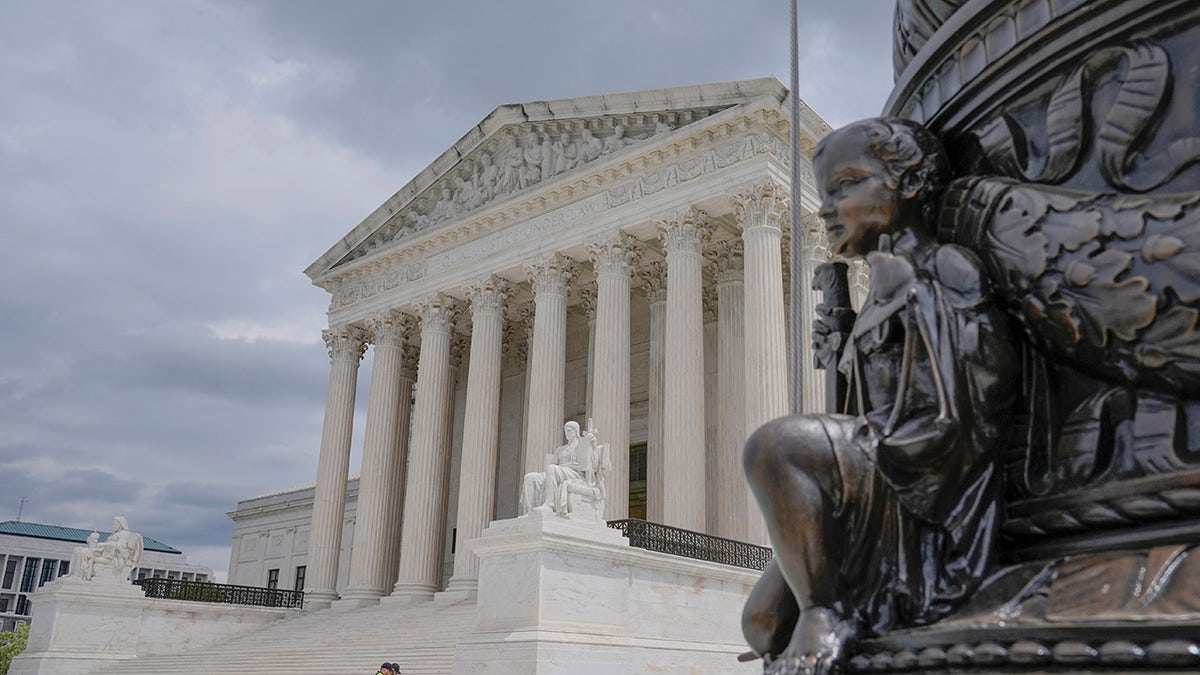
The U.S. Supreme Court (AP Photo/Mariam Zuhaib, File)
The case also comes amid a groundswell of support from some lawmakers in Congress.
Sen. Rand Paul, R-Ky.; Sen. Edward Markey, D-Mass.; and Rep. Ro Khanna, D-Calif., filed a brief Thursday urging the Supreme Court to reverse the ban, arguing the lawmakers do not have sufficient evidence needed to outweigh free speech protections granted under the First Amendment.
In the brief, lawmakers referenced the nation’s longtime reliance on national security claims as a means of justifying censorship, citing examples from the Sedition Acts of the 18th and 20th centuries and Cold War-era free speech restrictions. Banning TikTok due to “speculative concerns” about foreign interference, they argued, is “unconstitutional and contradicts fundamental American values.”
CLICK HERE TO GET THE FOX NEWS APP
They argued the U.S. could adopt less drastic measures that would effectively address any data security concerns posed by the app while also not infringing on First Amendment rights.
Others remained deeply opposed.
Sen. Mitch McConnell blasted TikTok’s arguments as “unmeritless and unsound” in a filing of his own, noting that Congress explicitly set the Jan. 19 date for the divestiture clause to take force since it “very clearly removes any possible political uncertainty in the execution of the law by cabining it to an administration that was deeply supportive of the bill’s goals.”